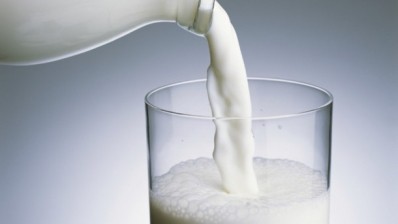Increased protein intake could boost metabolism and lean muscle mass

While high-protein diets have long been touted for their potential benefits on muscle recovery in sports and for its potential to aid weight loss by increasing feelings of fullness (satiety), new research also suggests that increasing protein intake could speed up metabolism whilst encouraging lean muscle growth.
The study, led by Elizabeth Frost from Pennington Biomedical Research Center, USA, analysed whether changes in dietary protein intake during overfeeding had an effect on metabolism and energy storage in 16 healthy participants.
The team found that those who consumed normal- and high- protein diets stored 45% of the excess calories as lean tissue, or muscle mass, while those who on the low-protein diet stored 95% of the excess calories as fat.
"Rather than conducting a weight-loss study, our focus was to explore whether high- or low- protein diets might lead to less weight gain when consuming excess calories due to the ability of the body to burn extra energy with a high-protein diet," commented Frost.
"What we found was that study participants all gained similar amounts of weight regardless of diet composition; however, there was a vast difference in how the body stored the excess calories.”
Frost and her team also reported that increases in metabolism tied to the high-protein diet were not sustainable when changing to a normal-protein diet - suggesting that the human body cannot be trained to maintain a higher metabolism.
Study details
Frost and her colleagues performed the randomised controlled overfeeding trial in16 healthy individuals. Each was randomly assigned to a group that would receive a varying amount of protein (low 5%, normal 15%, high 25%) for eight weeks while living in a metabolic ward.
Diet-induced thermogenesis (DIT), which is one of three components for the metabolic rate, was measured over four hours by indirect calorimetry following meals, and excess calorie storage and body composition was measured.
The results of the study showed that while high-protein feeding is associated with short-term alterations in DIT, prolonged exposure to high-protein diets does not alter DIT.
Frost and her team suggested that DIT is therefore under acute regulation and not involved in adaptive thermogenesis, or a sustained increase in metabolism.
Source: Presented at The Obesity Society annual Obesity Week meeting
"Effect of Dietary Protein Intake on Diet-Induced Thermogenesis During Overfeeding"
Authors: Elizabeth Frost et al








